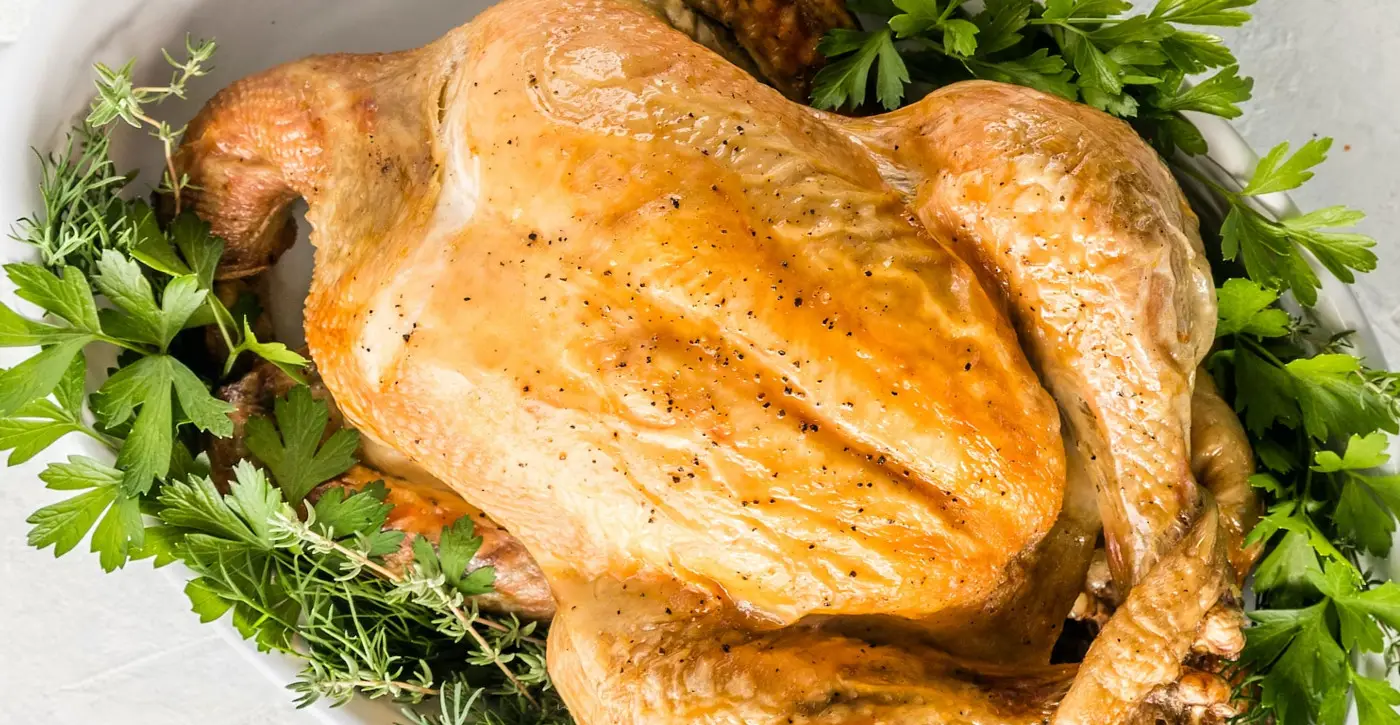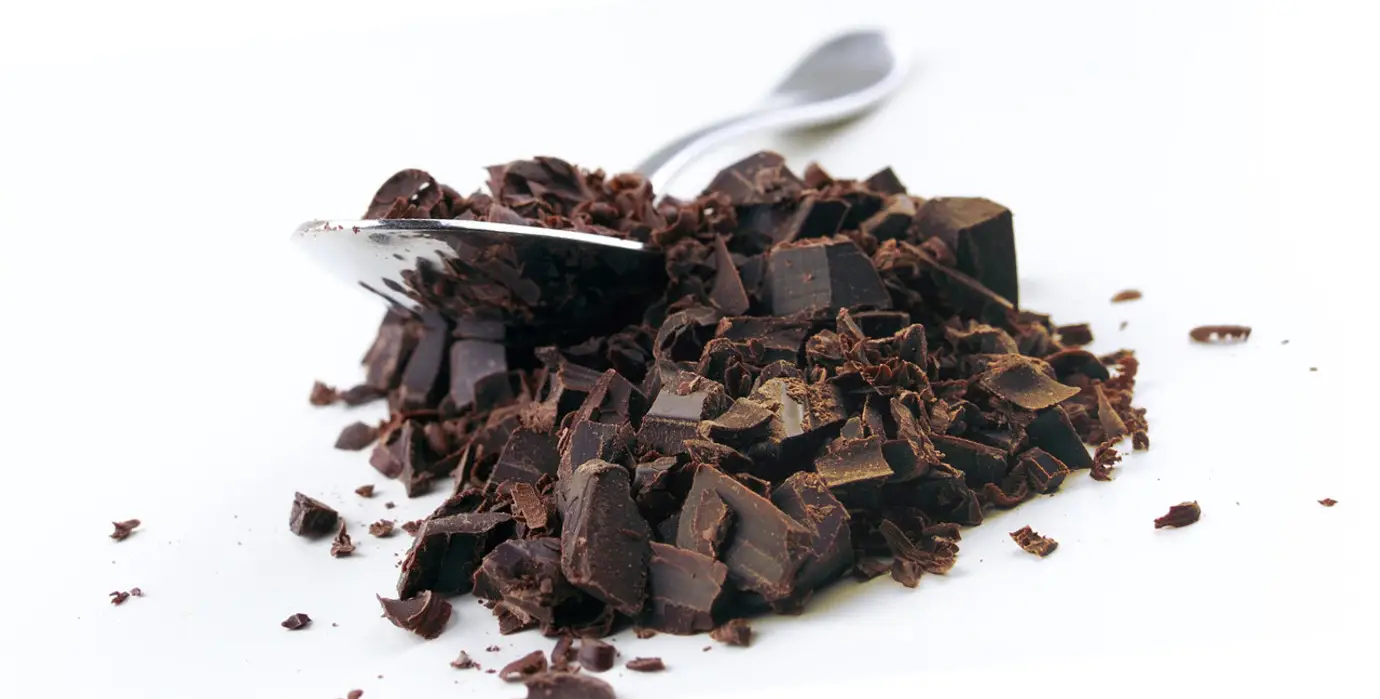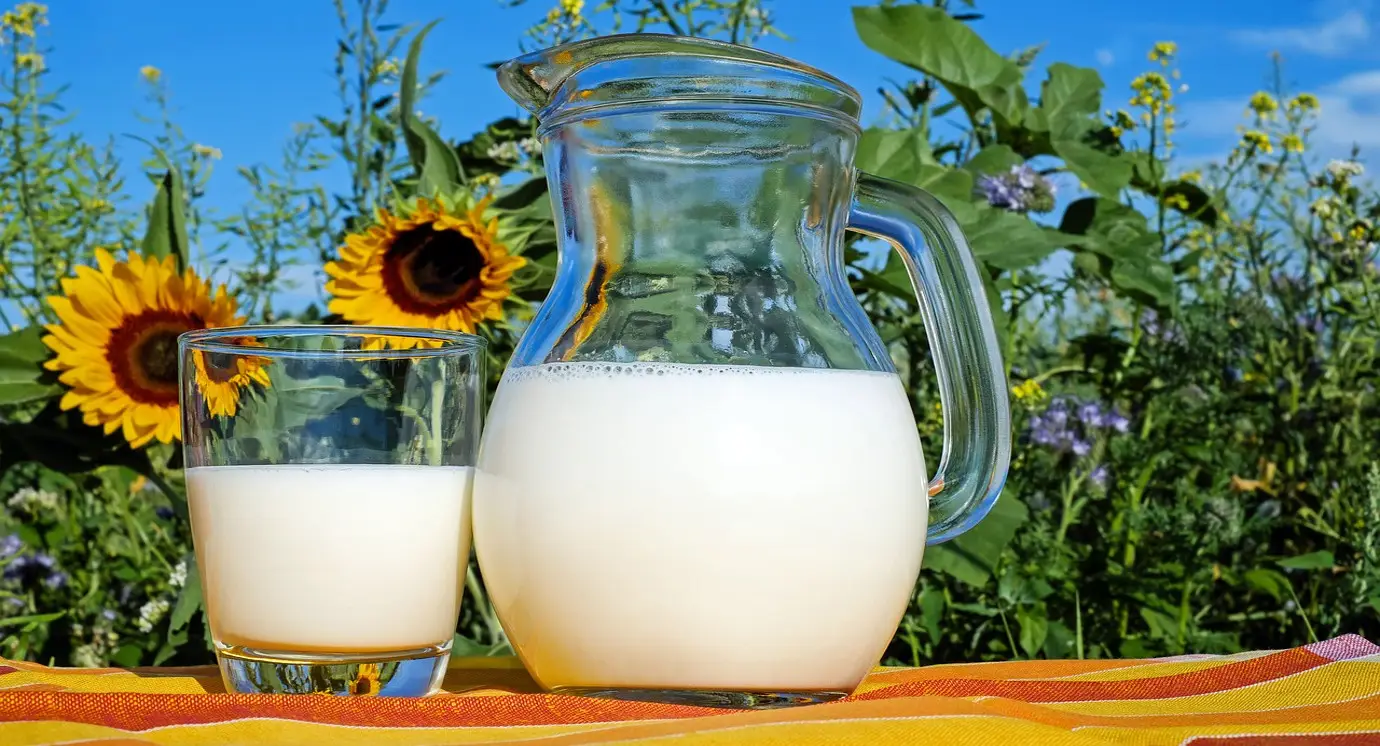Chicken Liver Lysine and Arginine Info Sheet
Overview
Chicken liver is a type of organ meat that is obtained from the liver of a chicken. It is usually cooked by frying, baking, or boiling. It is often eaten as a delicacy or a spread.Chicken liver is very high in protein, iron, vitamin A, vitamin B12, and folate.
It can help prevent anemia, support vision, and promote cell growth.
However, it is also high in cholesterol, which can increase the risk of heart disease.
It may also contain toxins or bacteria, so it should be cooked thoroughly and consumed in moderation.
| Name | Lysine (mg/100g) | Arginine (mg/100g) | Ratio |
|---|---|---|---|
| Chicken Liver | 109.38mg | 1100mg | 1.236 |
Chicken Liver contains 109.38mg of Lysine and 1100mg of Arginine per 100g of product.
This means Chicken Liver has a high Lysine-Arginine ratio of 1.236.
Because Chicken Liver contains slightly more lysine than arginine, increasing its consumption may benefit people who suffer from herpes, as it may boost the immune system.
Lysine Considerations
Chicken liver has a very high amount of lysine, an essential amino acid that is important for protein synthesis, collagen formation, and calcium absorption.
Lysine can help prevent or treat cold sores, which are blisters caused by the virus HSV-1, also known as herpes.
Lysine works by blocking the growth of HSV-1, which needs another amino acid called arginine to multiply and infect cells.
Lysine can only be obtained through diet, and can be found in many high-protein foods like dairy products, fish, eggs, meat and poultry.
Arginine Considerations
Chicken liver has a very high amount of arginine, a semi-essential amino acid that is involved in nitric oxide production, wound healing, and immune function.
Arginine can contribute to cold sore outbreaks, which are blisters caused by the HSV-1 virus, also known as herpes.
Arginine aids in the growth of HSV-1, which needs this particular amino acid to multiply and infect cells.
Arginine can be obtained through our diet, and is found in many high-protein foods such as nuts, seeds, and chocolate.
Regrettably, the herpes virus is known to "feed" on arginine, and a diet a good source of arginine compared to lysine may increase the frequency and severity of cold sores and herpes outbreaks.
Lysine-Arginine Ratio
Chicken liver has a favorable lysine-arginine ratio, which means that it has more lysine than arginine.
This may help prevent or treat viral infections, such as herpes simplex virus, by inhibiting the replication of the virus.
Both lysine and arginine are important for protein synthesis and other bodily functions.
The two compounds can affect the herpes simplex virus, which is responsible for cold sores and genital herpes, in opposite ways.
Lysine can the human body or stop the virus from reproducing, while arginine can help it propagate.
Eating foods with a high lysine-arginine ratio could help lower the appearance and severity of herpes outbreaks.
Some foods that have a high lysine-arginine ratio are dairy, fish, poultry, fruits, and vegetables.
These foods can give the body enough lysine to prevent the virus from taking up arginine, and thus stop its growth and spread.
Dietary Considerations
Poultry is a lean meat that is high in protein and lysine.
Poultry can help stunt or lower the severity of herpes outbreaks, as lysine can stunt the replication of the herpes virus.
Poultry also contains iron, phosphorus, and vitamin B6, which are important for energy production and red blood cell formation.
Chicken and turkey are some of the poultry that have more lysine than arginine, with usually around 30% to 40% more.
In case you are wondering, chickens can contract a form of herpes known as Marek's disease.
Fortunately, this virus is exclusive to chickens and does not cross species to humans.
This means that you can eat chicken and poultry without any concerns about herpes transmission.

For example:
Eating a balanced and nutritious diet that supports your immune system and reduces inflammation.
This means consuming plenty of fruits, vegetables, whole grains, lean protein, and healthy fats, and avoiding processed foods, added sugars, alcohol, and caffeine.
Make sure to drink plenty of water to keep yourself hydrated and eliminate toxins from your body.
Water can also help you avoid dryness and irritation of the skin and mucous membranes, which can lead to outbreaks.
L-lysine supplementscan help you prevent herpes outbreaks and stop a cold sore before it develops by depriving the virus of arginine, which it needs to form a cold sore.
Other food supplements, such as vitamin C, zinc, selenium, and antioxidants, can help you boost your immunity and protect your cells from oxidative stress.
Try eating foods that can enhance your immune system and reduce inflammation to avoid outbreaks.
Some of these foods are honey, yogurt, aloe vera, and chamomile.
They can also help you with your symptoms by easing pain, swelling, and itching, and accelerating your recovery.
Check more food information






